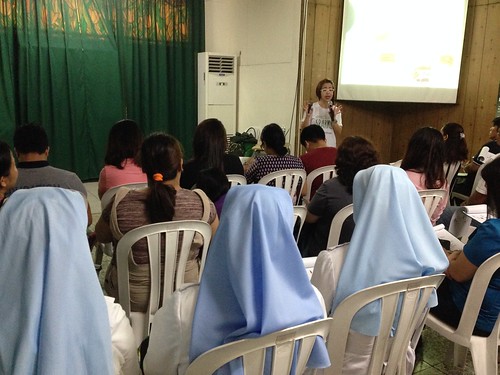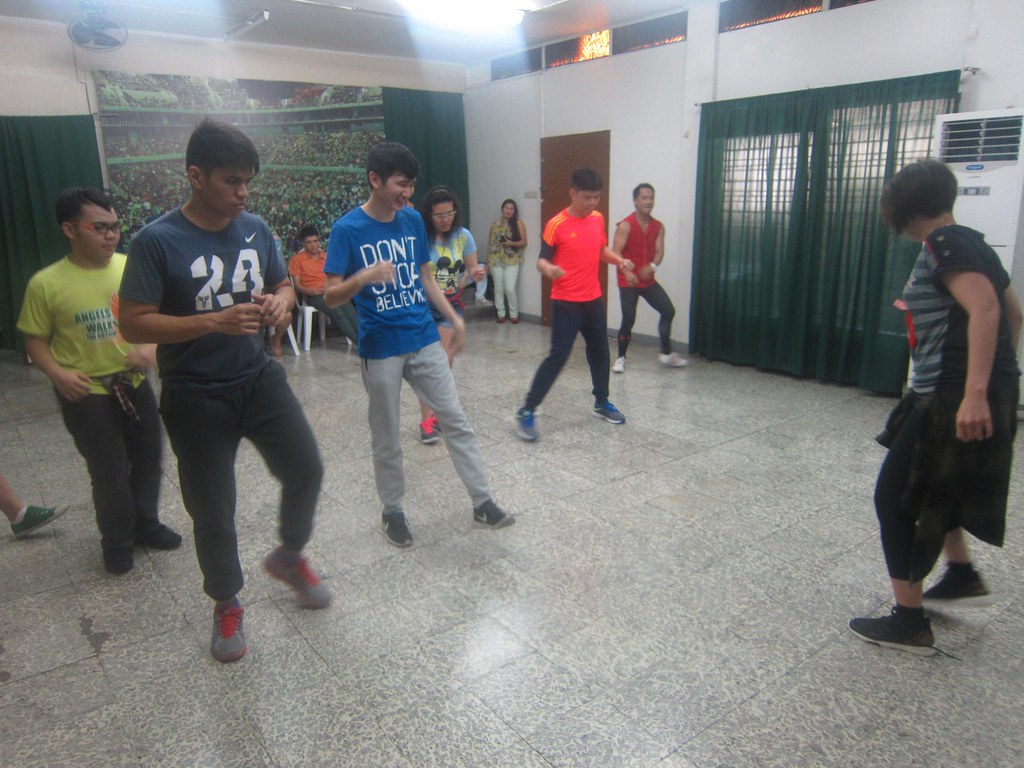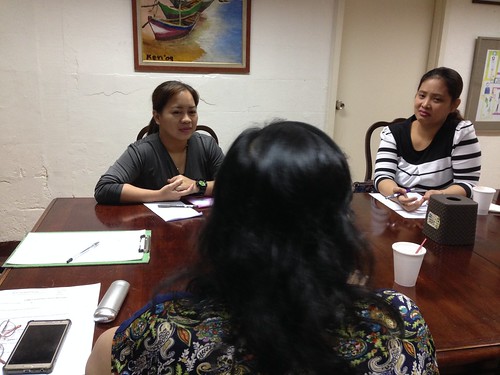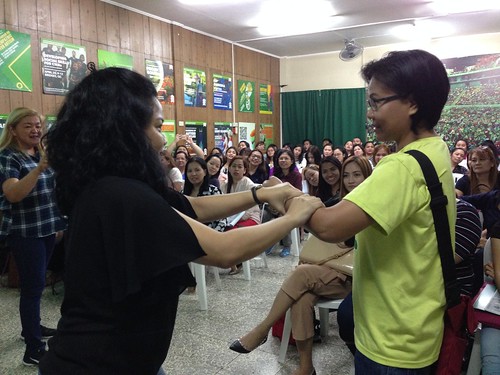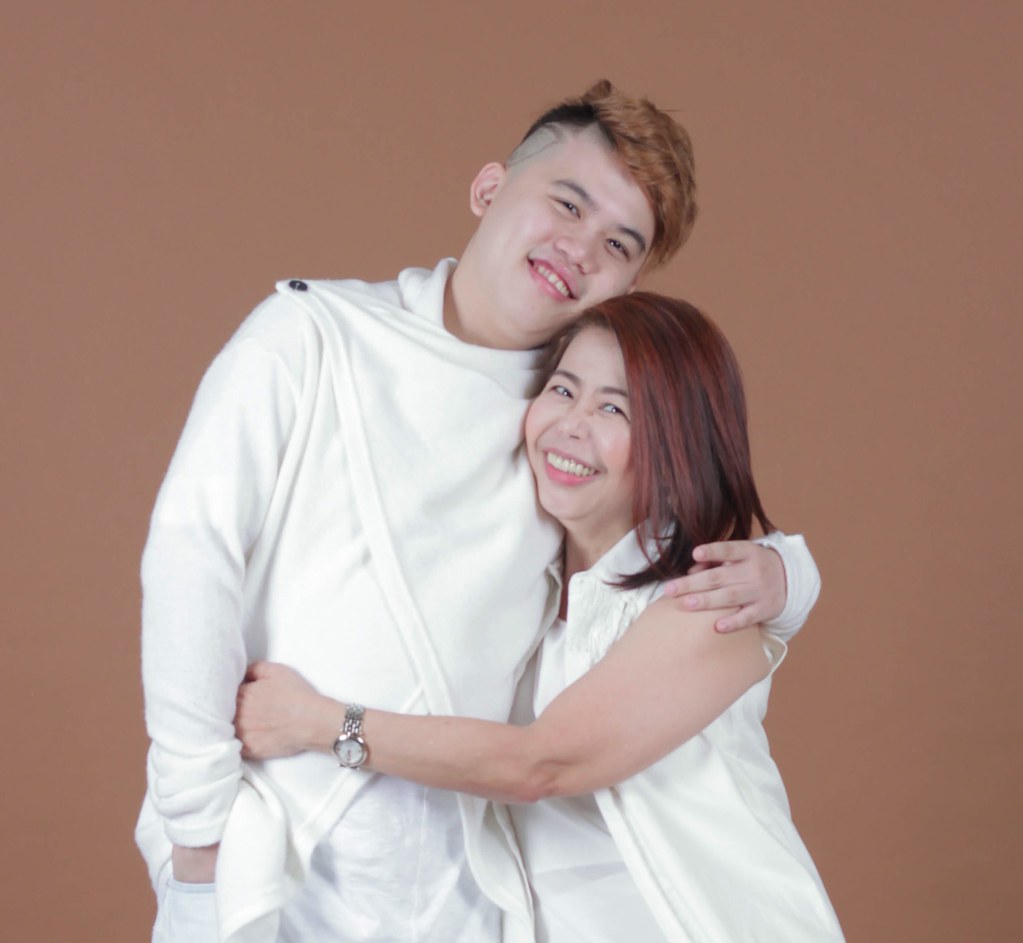The film “Beautiful Pain” traces the emotional journey of a family towards acceptance of their son’s autism. The autism advocacy community came out to support the Philippine gala premiere of “Beautiful Pain” at the SM Megamall Cinema 1.
 |
| Beautiful Pain Movie Poster |
The film, which represented Malaysia at the 89th Academy Awards and the 74th Golden Globe Awards, is a deliberate, tender study of autism and human nature. Director Tunku Mona Riza has been gratified by the response by the global autism community. “This film has become a voice for them,” Mona told journalists at the film’s Oscar screening earlier in the year. The filmmaker researched on autism for more than two years and worked with advocates at the National Autism Society of Malaysia, resulting in the instructional simplicity in the handling of autism as an allied medical subject matter.
“Redha” is a Malay word with no accurate English translation (much like Tagalog’s “utang na loob”) – “joyful surrender to God’s will” comes close. “Filipinos find connections in “kurot-puso” stories,” Mona Magno-Veluz, National President of the Autism Society Philippines. “The film will help the public understand what persons with autism go through. By sharing this film with the mainstream Filipino audience – this synthesis of the experiences of many families who live and love with autism regardless of color, religion or social strata -- ASP hopes to inspire acceptance, accommodation and appreciation of persons with autism, towards a genuinely autism-inclusive Philippines.” According to ASP, 1 in 100 Filipinos are on the autism spectrum.
The film revolves around Danial, who lives with his parents Alina and Razlan in an island resort in Malaysia, where the early signs of his autism play out. The lead characters’ strained emotional bond is balanced by the kindness of Alina who is accepting of her son’s diagnosis. But Alina is plagued by a misplaced sense of responsibility for Danial’s autism, even ignoring her health in self-reproach. Through her journey, she finds a supportive network of advocates in her college friends, her sister, her husband’s co-workers, her specialists and even a stranger in a gas station. The reluctant Razlan struggles with his son’s condition, resulting in bursts of anger and frustration. He eventually finds inspiration in the perspective of a stranger, a swimming coach, who sees what is amazing in his son, instead of what is missing. Over the span of eight years, the film paints a portrait of awakening, hope and redemption.
The Philippine gala premiere held at the SM Megamall Cinema 1 was attended by 600 viewers, despite it being a rainy, traffic-ridden Tuesday night. Honored guests included Tunku Mona Riza (Director, Beautiful Pain), Haris Sulong (Producer, Current Pictures), Wilson Tieng (President, Solar Entertainment), Engr. Bien Mateo (Program Head, SM Cares), Paul Daza (Former Governor, Northern Samar), Mirana Medina (Filmmaker and Disability Advocate), Waya Araos-Wijangco (Executive Chef, Gourmet Gypsy), Michelle Aventajado (Country Director, Best Buddies), Chelo Banal-Formoso (Editor, Philippine Daily Inquirer), Harvey Chua (General Manager, Adphoto), Cherry Concepcion (AVP for HR, SM Savemore), Kimberly Cruz (President, Dohtonbori), Archie David (Executive Director, Project TEACH), Gigi Daza (Founder, Nail Tropics), Francis Dimalanta (Developmental Pediatrician), Rachel Harrison (Founder, Zambawood), Anthony Lozada (President, Bert Lozada Swim School), Wennah Marquez (Chief, Mandaluyong PDAD), Mirana Medina (Film maker), Candy Pangilinan (Film/Television Actress), Kaye Samson (Executice Director, Special Olympics), Rene Sarmiento (Former Commissioner, COMELEC), among other dear friends and supporters. The event was made possible through the generosity of our sponsors: Mossimo, DN Steel Group of Companies, JAC Motors, Ramos Co Logistic, Perlita So, Ardex Motors, Reggie Jolingan and Republic Biscuit Corporation.
A partnership between the Autism Society Philippines, Current Pictures Sdn. Bhd., Solar Pictures, SM Cinema, the ASEAN Autism Network and the National Autism Society of Malaysia, “Beautiful Pain” will be shown in SM Megamall, SM Mall of Asia and SM North EDSA on 19 – 25 July 2017 – in commemoration of the Philippine National Disability Prevention and Rehabilitation Week.
Partners
The
Autism Society Philippines envisions an environment that empowers persons with autism spectrum disorder to become the best of their potentials -- self-reliant, independent, productive and socially-accepted members of the community. Towards this end, the ASP commits to the establishment of institutional mechanisms to support persons with autism and their families towards a genuinely autism-inclusive Philippines. Learn more about the autism advocacy at http://www.autismsocietyphilippines.org.
Current Pictures Sdn. Bhd. is a leading Malaysian production company involved in the creation of television commercials, television programme and tele-movies and feature films. Learn more at https://www.facebook.com/CurrentPicturesSdnBhd/
SM Cinema is the largest film exhibitor in the Philippines with 326 screens in 58 branches nationwide, not to mention IMAX Theatres in SM Mall of Asia, Megamall, North Edsa, Southmall, Lanang, Clark, Cebu and Aura Premier! Learn more at http://www.smcinema.com.
Solar Pictures is the film distribution arm of Solar Entertainment Corporation, a leading broadcast company operating five free-to-air channels and four cable channels. Learn more at http://www.facebook.com/solarpicturesPH.



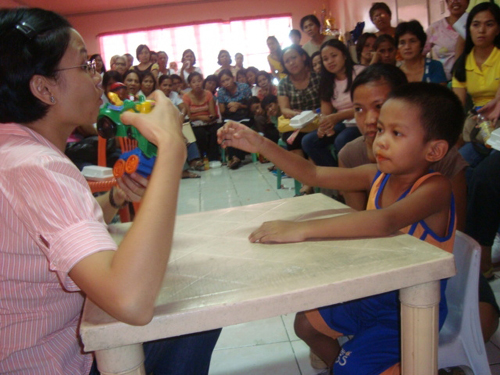
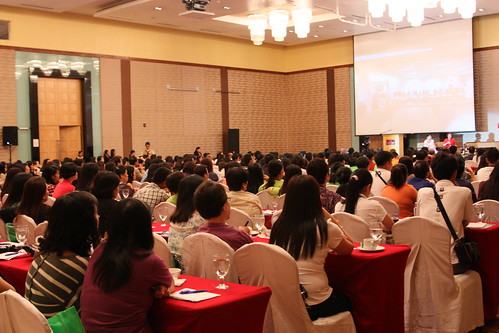

 Posted in:
Posted in: 